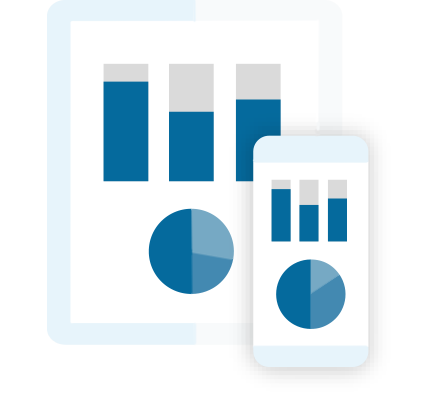StoneShot Learning > Teams and Tags > Tagging strategy
Tagging strategy
Here we take you through the methodology on how to make Tags in the StoneShot Marketing Platform work for you. Firstly let’s explain how tags are used in the StoneShot platform.
Tags are labels that you apply to emails, campaigns and web pages that denote the content – for example a “Fixed Income” label. One email might have several tags, or it might have none at all.
These tags can then be used in the Platform in two different ways; for searching and for lead scoring.
There are three ways that searching by Tag can be used:
- Filtering -you can simply filter the list of emails or campaigns by a tag. This narrows down your list to just those matching that tag. For example, filtering by the tag “Fixed
Income” will show just a list of Fixed Income emails. - Searching – you can also combine the tag filter above with the search functionality – for example, you could add the words “high yield” to search just within the Fixed Income
category. - Grouping – you can also use the tags to report on a group of campaigns – by selecting a tag as a filter on campaigns, you can then export a summary report of all campaigns
matching that tag.
Tag strategy
In order to make the most of the functionality we recommend having a strategy for using tags, rather than just allowing individual users to decide themselves how to tag their content.
Firstly we recommend that you try to define as a business how you’re going to use tags and agree on a tag methodology that is consistent across business units and regions. This will also facilitate regular analysis and insight which is standardised globally.
Step 1 – Global propositions
We would start with proposition tags – key business propositions, strategies or products that you have, and that would be particularly relevant for sales or for marketing campaigns. You also want to select propositions that have global relevance – this will help you to review activity at a global level.
Depending on the number of products that you have you might decide to group them and tag by group (e.g. fixed income) rather than individual product. If you create to many specific product tags you might find that you don’t have enough content to generate consistently high scores, and the sales team could be overwhelmed with too much information.
Step 2 – Global themes
You would then normally add tags for key themes – for example sustainable finance, ESG etc. You could also include global campaigns here, so that you can objectively measure the success and impact of those campaigns across the business.
Step 3 – Local tags
You can then allow local regional teams to define their own additional tags, for products, themes or activities that are particular to each region. By making the teams aware of which tags are globally used you can avoid the situation where one team tags their content UK Equities, another uses UK Equity, and yet another uses UK Eq.
To avoid confusion and creating unnecessary tags, don’t use ones that already exist as filters (month, date, time, team, user, event) or ones that can be searched (campaign name, subject line) as the system already provides this information.
Implementation
We would recommend holding a workshop with some of the key users to discuss:
- The overarching tag strategy and business requirements
- Regional tag requirements
- Proposition tags (which will feed lead scoring of content)
- Reporting
Following on from this we would then go back retrospectively and add the new tags to pre-existing content and emails, to ensure that historic reporting fits in with the new tag strategy.
Going forwards the teams will need to apply tags to their own communications. Tags can and need to be applied to emails, links and events. Once an email is sent to a list, that resulting email campaign will automatically pick up the same tags as the email.
To learn more about how to use Tags, please take a look at the Using Tags & Teams page. Or to get organised using Tags, check out the Getting Organised page.
If you need any assistance on Tagging or anything else, please contact the StoneShot Team who will be happy to help.




